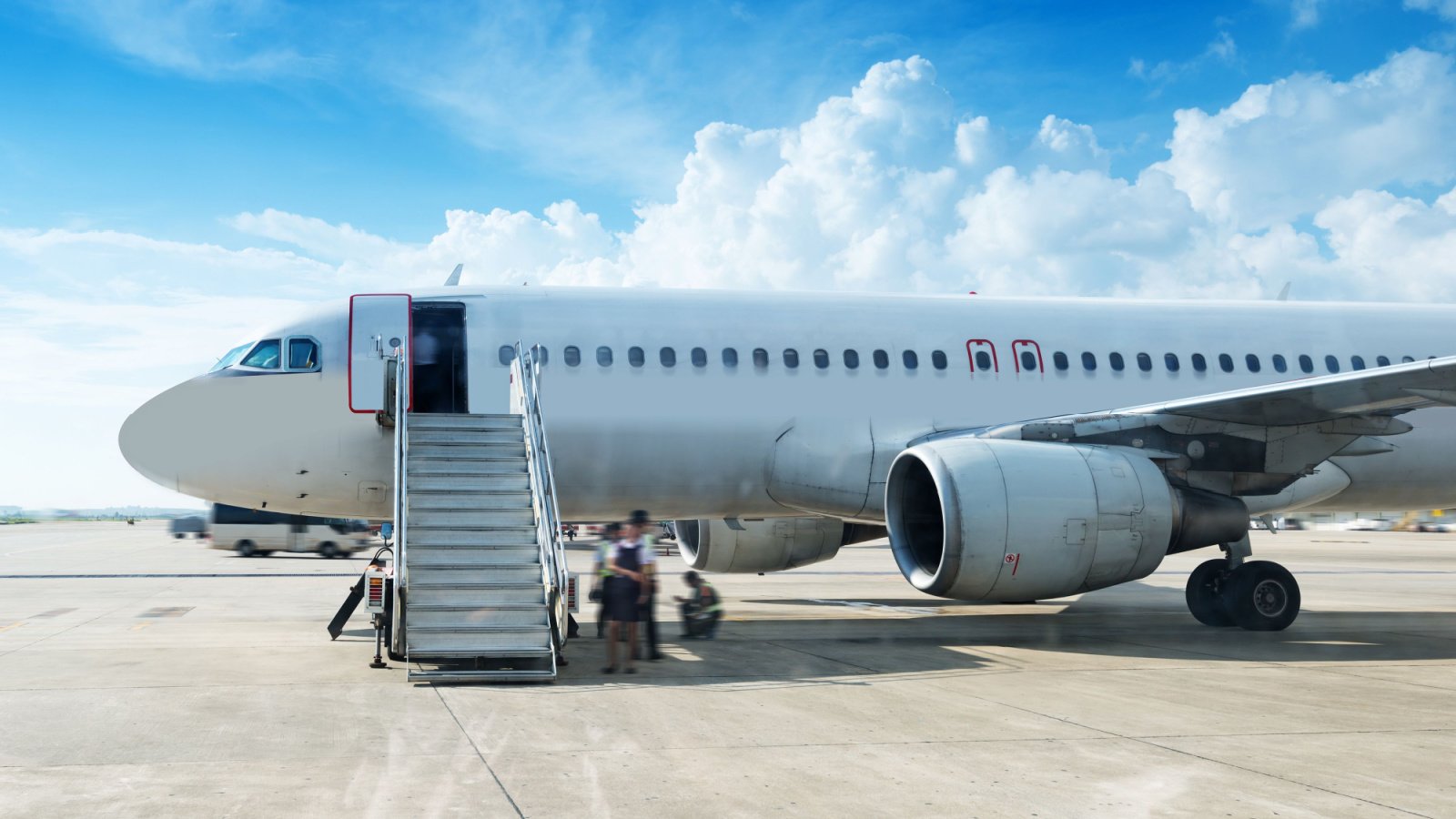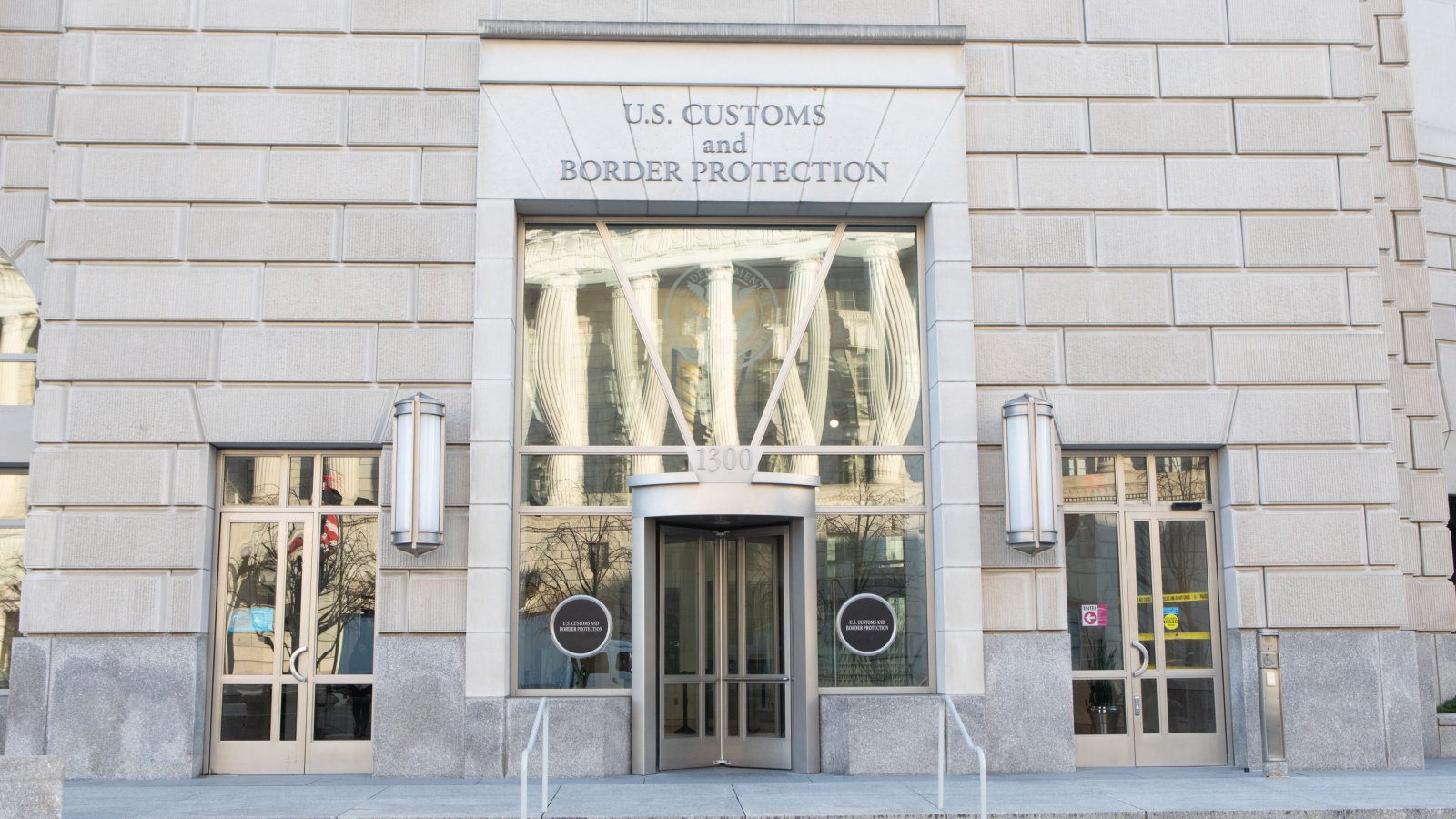Traveling abroad opens up a world of new experiences, but it also comes with its own set of costs that can catch even the savviest travelers off guard. Unlike in the US, many countries charge for services and amenities that are typically free stateside. From healthcare to accessing the beach, the landscape of travel expenses varies widely from one nation to another. This guide highlights the unexpected fees international travelers might encounter, ensuring you’re financially prepared for your next adventure.
Healthcare Services

In many foreign countries, travelers must pay for healthcare services on the spot, unlike in the US, where residents often have insurance coverage. Tourists can face high fees for treatments and medications, which are sometimes required to be paid in cash. Always travel with a comprehensive travel insurance policy that covers health care costs abroad.
Restroom Access

In Europe and parts of Asia, it’s common to pay a small fee to use public restrooms. These fees contribute to maintenance and cleanliness. Carrying change in the local currency is essential for those unexpected restroom stops.
Plastic Shopping Bags

Many countries have implemented charges for plastic bags at stores and supermarkets to encourage environmental sustainability. While some US cities have similar policies, they are far more widespread abroad. Shoppers should bring reusable bags or be prepared to pay a small fee for plastic ones.
Drinking Water

In the US, tap water is commonly safe and free in restaurants, but this is not always the case in other countries. Some places may charge for bottled water since their tap water isn’t potable. Always check the safety of drinking water when traveling to avoid unnecessary costs and health risks.
Condiments and Extras

While American diners might expect complimentary condiments, in many European and Asian restaurants, items like ketchup, mayonnaise, or bread may come with a fee. This is also true for extras such as dipping sauces. To avoid surprises, it’s wise to ask about any additional charges before ordering.
Incoming SMS and Calls

Unlike in the US, where incoming calls and texts are usually free, many countries charge for receiving SMS and mobile calls when using a local SIM card. It’s important to understand the specific mobile charges of the country you’re visiting. Consider using messaging apps over Wi-Fi to keep costs down.
Table Service

In some European countries, sitting at a table in a cafe or bar can incur a “service charge” that is not typical in the US. This fee covers the perceived extra service provided by sitting as opposed to standing or taking away. Always check the menu for any such charges that should be listed.
Television License

In countries like the UK, residents must pay for a television license if they watch live TV broadcasts, regardless of the channel. Tourists staying in rental properties may need to ensure the fee is covered in their rental agreement. This is unfamiliar to US visitors who do not have such a general license.
Tourist Tax

Some cities impose a tourist tax on visitors staying in hotels or short-term rentals, which isn’t commonly found in the US. This daily tax is meant to help maintain tourist-heavy areas. It’s typically added directly to your accommodation bill.
City Center Driving Permits

In an effort to reduce traffic and pollution, some cities require drivers to purchase a permit to drive in the city center. This is not common in the US, where city access is generally unrestricted. Check driving regulations in foreign cities to avoid fines.
Beach Access

In parts of Europe and the Caribbean, accessing certain beaches can require a fee, unlike most US beaches that are public. These fees help with the upkeep and maintenance of these often pristine areas. Knowing which beaches are free and which are fee-based can save unexpected expenses.
Visa Entry Fees

While many countries allow US citizens to enter without a visa, others require a visa or an entry fee upon arrival. This fee can vary significantly from country to country. Research visa requirements and fees well in advance of travel to ensure smooth entry.
Car Rental Insurance

In many countries, car rental insurance is not as optional as it is in the US. This can add a significant cost to your car rental that you might not anticipate. Always read the terms of your rental agreement closely and consider additional travel insurance that covers international driving.
Public Wi-Fi

Access to public Wi-Fi is often not free in airports, cafes, and public areas abroad, contrasting with the more widespread free access in American cities. Charges are usually based on usage time. To avoid fees, plan which apps and services will require internet access and use them sparingly while on the go.
Departure Taxes

Some countries charge a departure tax that must be paid in cash at the airport when leaving the country. While this is occasionally included in the price of an airline ticket, it is not guaranteed. Check the specific conditions before traveling to ensure you are prepared for this potential cost.
Cultural or Heritage Site Photography Permits

Unlike in the US, where taking photos in public and at most landmarks is free, some countries require a permit for photography, especially at culturally significant sites. These permits help fund the preservation of these sites. Always check signage or ask site staff about photography policies.
Electronic Device Fees

In certain countries, you may encounter a small fee for charging electronic devices in cafes or public spaces. This fee covers the cost of electricity, which can be quite high in some areas. Be mindful of battery usage and consider carrying a portable charger.
High Altitude Trekking Permits

Countries with famous trekking routes often require a permit for access, especially at high altitudes. These permits can include rescue services and maintenance of trails. Always check permit requirements and respect local regulations to ensure the safety and preservation of natural areas.
Custom and Border Fees

Importing certain goods can incur customs and border fees that are not typically found when entering the US with purchased goods under a certain amount. Be aware of the value of goods you are bringing into a country to avoid unexpected fees.
Mandatory Tipping

In some countries, a service charge or mandatory tip is automatically added to your bill in restaurants and for services, unlike the discretionary tipping customary in the US. Understanding local tipping customs can prevent embarrassment and ensure proper etiquette.
Seat Selection on Flights

While many US airlines allow passengers to select seats at no extra cost, especially on domestic flights, international airlines often charge for seat selection. Knowing the airline’s policy can help you manage your travel budget more effectively and avoid surprise costs when you check-in.








